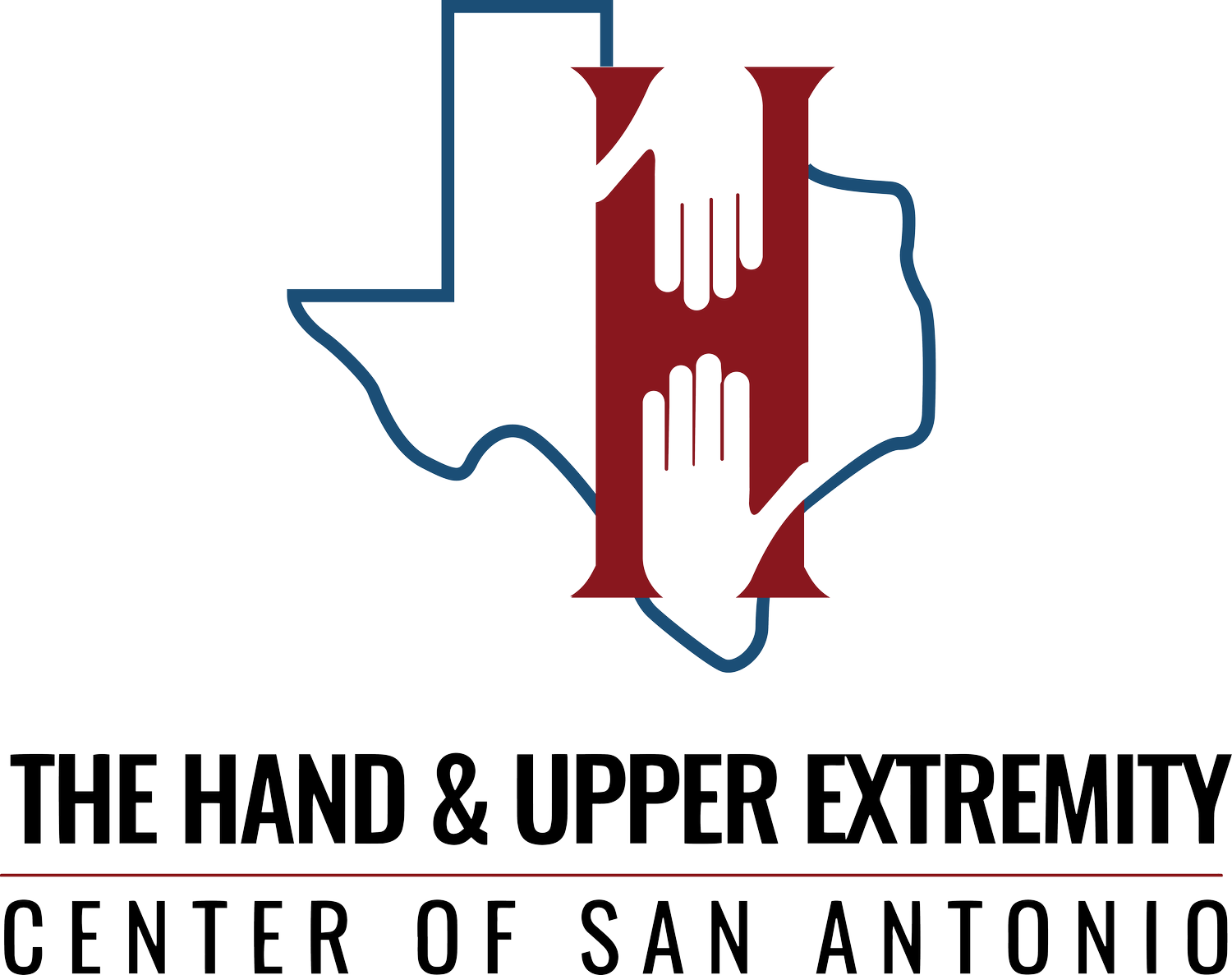What Causes A Rotator Cuff Injury?
The rotator cuff, a group of four muscles and tendons surrounding the shoulder joint, plays a vital role in arm movement and stability. When these muscles become strained or torn, it can lead to a painful rotator cuff injury.
Understanding the causes of these injuries helps individuals take steps to prevent them and maintain shoulder health.
Understanding a Rotator Cuff Injury
The rotator cuff is a group of four muscles and tendons surrounding the shoulder joint. These include the supraspinatus, infraspinatus, teres minor, and subscapularis muscles, each attaching to the head of the humerus. The rotator cuff is essential for stabilizing the shoulder, keeping the arm bone in place within the shallow shoulder socket, and allowing a wide range of shoulder movements, including lifting, rotating, and reaching overhead. This stability and mobility are crucial for everyday activities and athletic performance.
What are Common causes of a rotator cuff injury?
Several factors can contribute to rotator cuff injuries, each affecting shoulder function and leading to pain or stiffness. Some of the most common causes include:
Age-Related Degeneration – Tendons naturally weaken with age, especially in those over 40, increasing injury risk.
Repetitive Motion – Sports or work with repeated overhead movements put stress on the rotator cuff.
Acute Trauma – Falls or lifting heavy objects can cause sudden tears.
Muscle Imbalances – Uneven shoulder muscles create stress over time.
Chronic Inflammation & Poor Posture – These can restrict mobility, raising the chance of injury."
What are common symptoms of a rotator cuff injury?
A rotator cuff injury can cause a range of symptoms, including:
Pain – Commonly felt in the shoulder and sometimes radiates down the arm, especially with movement or at night.
Stiffness – A sensation of tightness that makes shoulder movement challenging.
Limited Range of Motion – Difficulty lifting, reaching, or rotating the arm fully.
Weakness – Reduced strength in the affected arm, often noticeable when lifting objects.
Crackling Sensation – A popping or crackling sound may occur when moving the shoulder.
treatment options For A Rotator Cuff INjury
Treatment for rotator cuff injuries depends on the severity of the injury. Options include:
Rest – Allowing the shoulder to heal by avoiding activities that stress the tendon.
Physical Therapy – Targeted exercises help strengthen the shoulder muscles and improve flexibility.
Injections – Corticosteroid or platelet-rich plasma (PRP) injections can reduce inflammation and promote healing.
Surgery – In cases of severe tears, surgery may be required to repair the tendon and restore full shoulder function.
Consult with a specialist to determine the best treatment plan based on your specific injury.
Rotator cuff injuries can significantly affect your shoulder function and overall quality of life. With a range of treatment options—from physical therapy to surgery—there are solutions available to address your needs. Choosing a specialized team like those at The Hand & Upper Extremity Center of San Antonio ensures you receive personalized, expert care tailored to your injury. Our surgeons are dedicated to helping you regain full shoulder function and improve your well-being.
If you or a loved one is experiencing shoulder pain, contact us today. We're here to guide you through your recovery and provide the comprehensive support you need.
Experiencing shoulder pain or limited mobility? Our expert team is here to help!
At The Hand & Upper Extremity Center of San Antonio, our rotator cuff specialists provide accurate diagnoses and effective treatments to help you recover and restore shoulder function. Schedule a consultation today to get the expert care you deserve.




